To provide the best experiences, we use technologies like cookies to store and/or access device information. Consenting to these technologies will allow us to process data such as browsing behaviour or unique IDs on this site. Not consenting or withdrawing consent, may adversely affect certain features and functions.
The technical storage or access is strictly necessary for the legitimate purpose of enabling the use of a specific service explicitly requested by the subscriber or user, or for the sole purpose of carrying out the transmission of a communication over an electronic communications network.
The technical storage or access is necessary for the legitimate purpose of storing preferences that are not requested by the subscriber or user.
The technical storage or access that is used exclusively for statistical purposes.
The technical storage or access that is used exclusively for anonymous statistical purposes. Without a subpoena, voluntary compliance on the part of your Internet Service Provider, or additional records from a third party, information stored or retrieved for this purpose alone cannot usually be used to identify you.
The technical storage or access is required to create user profiles to send advertising, or to track the user on a website or across several websites for similar marketing purposes.
 Singapore, Helsinki and Zurich have come top in the 2020 Smart City Index, a study carried out by the Institute for Management Development (IMD). In a year that saw many European cities fall in the rankings, London, managed to jump five places compared to 2019, though it still stayed well outside of the global top 10 at 15, followed closely by the UKs second cities. (more…)
Singapore, Helsinki and Zurich have come top in the 2020 Smart City Index, a study carried out by the Institute for Management Development (IMD). In a year that saw many European cities fall in the rankings, London, managed to jump five places compared to 2019, though it still stayed well outside of the global top 10 at 15, followed closely by the UKs second cities. (more…)










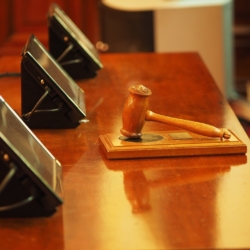 UK workers are most likely to log a claim against their employer for making them work excessively long hours, claims new data by health and safety training provider
UK workers are most likely to log a claim against their employer for making them work excessively long hours, claims new data by health and safety training provider 

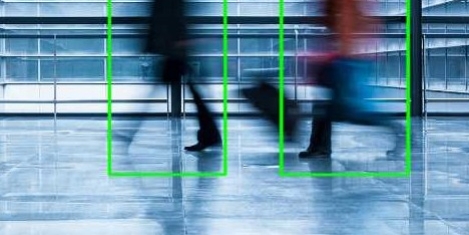
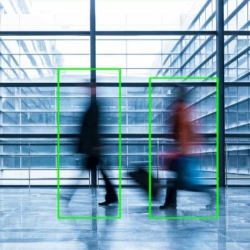



 New research released by
New research released by 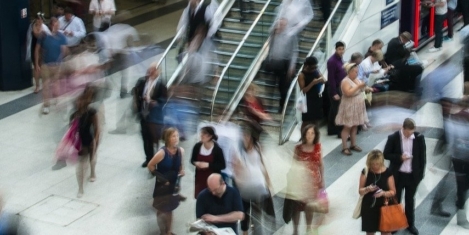
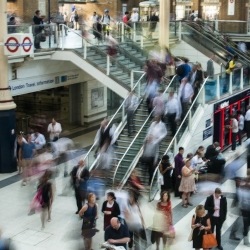















September 23, 2020
The stage is set for the next phase of working life
by Mark Eltringham • Comment, Flexible working, Technology, Wellbeing, Working lives